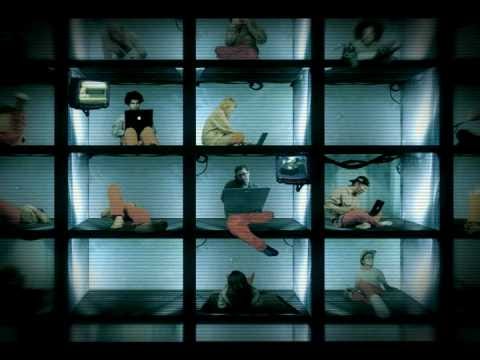10 Best Documentaries About the Internet
Last week, National Geographic debuted a three-part documentary special called The ’90s: The Last Great Decade? Although it didn’t spend a lot of time on the rise of the web, the history of that period obviously noted some of the more significant moments in the early days of the Internet’s widespread popularity. There was the dot-com bubble, the breakin…



